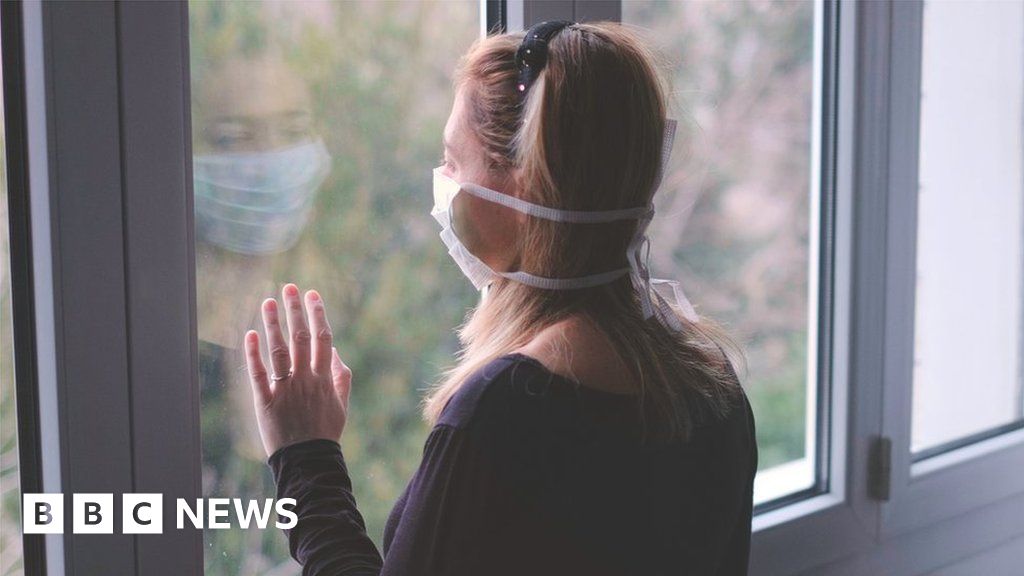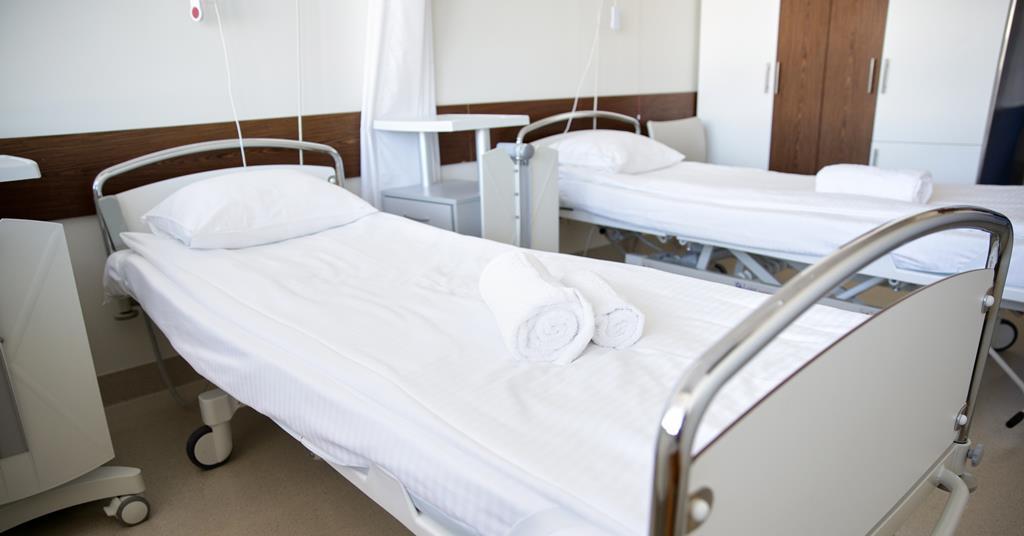However, the editor-in-chief of the Cochrane Library, Dr. Karla Soares-Weiser, issued a
statement on March 10 to say the analysis had been misinterpreted and that the review didn't find that masks do not work.
Rather it looked at how effective masking programs, like mandates, were at slowing the spread of respiratory viruses and, from there, found the results to be inconclusive.
In April 2020 when we were told no need to mask there were still a huge amount of unknowns. At that point there was a severe shortage of Ppe for the overwhelmed hospitals. Asking the public not to use them then was undoubtedly connected, at least in part with this advice. As undoubtedly was the widespread denial of aerosol transmission of the virus (later proven), with all the focus being on fomites and handwashing. There was also no precedent for widespread masking when sick, outside of some Asian countries.
Masking of health workers to protect their patients from any virus the hcp might carry is a well established infection control measure. It has also been used extensively - with better masks - to protect the hcp, long before sars cov2.
So the mandates of basic masks were intended to
reduce the amount of virus being passed from someone infected with it to the air around them and on to other by limiting their droplets. Admittedly not an infallible measure even when worn properly, but study after study does show significantly reduced viral particles emitted into the surroundings by properly made and worn masks. However when worn under the nose or chin, or made of highly porous fabrics it’s not surprising they do little.
Using the latter situation as proof masks don’t reduce infection is stupidly bad science, it merely proves the humans didn’t use them correctly, which takes us back to the cochranre report‘s true meaning.




